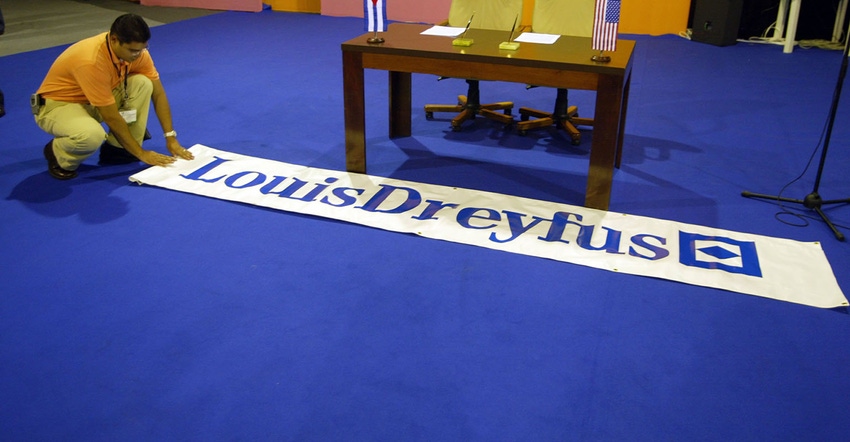
By Andy Hoffman
Louis Dreyfus Co. is falling back on asset sales and cost-cutting as profits from the crop-trading giant’s core business dry up.
Cost cuts will continue as LDC adapts to “higher global volatility” and “political uncertainty,” Chairwoman Margarita Louis-Dreyfus said Monday in LDC’s annual report. The initiative started late last year as the trading house was squeezed by swine flu, the global trade war and oversupplied markets. It’s too early to assess the impact of the coronavirus, the company said.
Stripping out gains from asset sales and the revaluation of investments, LDC’s pretax profit was about $77 million last year, down from $402 million in 2018.
Dwindling profits are making it harder for Louis-Dreyfus to sell a stake in her eponymous crop-trading empire as she seeks to repay loans used to buy out other family members. The billionaire controls about 96% of the holding company that owns the trading house.
Louis-Dreyfus said her control of LDC gives her “flexibility to engage with strategic partners.” However, there is “no timeline” to sell a stake in the 169-year-old family business, she said.
LDC’s long-time adviser Credit Suisse Group AG has approached private equity firms, sovereign wealth funds and rival trading houses about buying a stake, people familiar with the matter said earlier this month. Most suitors aren’t interested in just a minority stake or have balked at valuation expectations, they said.
The yield on LDC’s 400 million-euro bond due in 2022 widened to 13.6%, after soaring over the past two weeks amid concerns about the coronavirus. The Covid-19 pandemic had had no significant impact on operations as of March 20, the company said.
Profit was buoyed by a $151 million gain from the sale of grain elevators in Canada, plus a $63 million boost from the revaluation of its investments in Luckin Coffee and Leong Hup International, according to LDC’s annual report. That wasn’t enough to prevent net income slumping 37%.
Chief Executive Officer Ian McIntosh said the results demonstrated resilience.
“We put in a solid performance, confirming our strategic decisions, and took steps to adjust our cost base, without losing focus on our transformation plans” McIntosh said in the annual report.
The drop in profit continues a half-decade slump for the storied company, which represents the ‘D’ in the quartet of global foodstuffs traders known as the ‘ABCDs.’ Archer-Daniels-Midland Co., Bunge Ltd. and Cargill Inc. are the other ABCD members.
Key Numbers:
Net income declines to $230 million in 2019
Equity value drops to $4.8 billion from $4.98 billion
Net sales fell 7% to $33.6 billion
Volumes shipped rose 1.3% year-on-year
Return on equity, group share, fell to 4.2% versus 7.2% in 2018
Adjusted net debt to Ebitda rose to at 3.1x compared to 3x at end of 2018
--With assistance from Jack Farchy.
To contact the reporter on this story:
Andy Hoffman in Geneva at [email protected]
To contact the editors responsible for this story:
James Herron at [email protected]
Dylan Griffiths, Nicholas Larkin
© 2020 Bloomberg L.P.
About the Author(s)
You May Also Like




